Collagen is the most abundant protein in our body and has many uses such as wound healing and skin revitalization. However, as we age, collagen production may be decreased or depleted. Continue reading to learn more about this important protein and how it can be replenished.
Collagen is the most abundant protein in our body and is mainly the one responsible for holding our body together. It has many benefits and medical uses such as wound healing, tissue regeneration, osteoarthritis treatment, skin fillers to fill out skin depressions, and skin revitalization.
However, as we age, collagen production may be decreased or depleted. The loss of collagen results in several aesthetic problems and visible signs of aging.
Collagen’s Role
To keep our skin, hair, and nails healthy, we need to replenish the protein that build and repair them. Together with elastin, collagen is important in maintaining skin elasticity. Increased collagen levels will help increase skin smoothness, make it look firmer, and help skin cells renew and repair normally.
However, as we age, our body produce less collagen. That's why we normally see aging skin problems like saggy skin, fine lines, and wrinkles. These problems become more prominent as collagen in our body decreases. It also results in lifeless and thinning hair and splitting nails.
Because the skin loses its elasticity when there is collagen reduction, cellulite also becomes more visible. To reduce the dimpling appearance cellulite brings into our body, we need to improve our skin’s elasticity through collagen supplementation.
Collagen Sources
Food sources that can boost collagen formation include egg whites, meat, cheese, soy, cabbage, blueberries, cherries, blackberries, raspberries, oranges, strawberries, peppers, broccoli, shellfish, nuts and foods rich in beta-carotene like squash and carrots.
Collagen can also be stimulated by laser therapy involving intense wavelengths of light. Trophy Skin offers RejuvaliteMD Anti-Aging LED Light Therapy. RejuvaliteMD comes with a custom LED panel that is split evenly between the Red (660nm), Yellow (590nm), Amber (630nm), and Infrared (880nm) bulbs.
These penetrate the skin at different levels resulting in cellular level changes helping spur the creation of new collagen, elastin, and fibroblasts to effectively reduce wrinkles.

Collagen Destroyers
Despite the fact that collagen is abundant in our body, several factors also contribute to its destruction. Some autoimmune disorders target and destroy collagen. The harmful ultraviolet rays in sunlight cause collagen to break down, damaging collagen fibers, resulting in aging.
A high-sugar diet also results in damaging collagen through the process of glycation. This makes the collagen weak, brittle and easily damaged.
Smoking also damages collagen and elastin. The harmful chemicals in cigarettes damage the skin and the narrow blood vessels resulting to low oxygen and nutrient levels at the skin, making it dull and unhealthy.
Collagen levels lessen naturally over time and there is no way to prevent this natural aspect of aging. However, by taking preventive measures, it is possible to delay aging such as maintaining a healthy diet, limiting sun exposure, and quitting smoking. This way we may keep ourselves ageless for longer.
Additional information
To further explore the importance of collagen, it's essential to understand how various forms of collagen supplements, like collagen peptides, can positively impact our health and appearance. Collagen peptides, a hydrolyzed form of collagen, are smaller protein fragments that are more easily absorbed by the body compared to larger collagen molecules. This improved absorption means that the benefits of collagen peptides can be more readily seen and felt, particularly in areas such as skin hydration and joint health.
One of the primary benefits of taking a collagen supplement is the enhancement of skin hydration. Collagen, being a crucial component of our connective tissue, plays a significant role in maintaining the structure and elasticity of the skin. As we age, the natural decline in collagen production leads to common signs of aging like dryness, fine lines, and wrinkles. By introducing a collagen powder supplement into your daily routine, you may notice a marked improvement in the texture and moisture level of your skin. This is because the amino acids in collagen supplements help replenish the protein matrix in the skin, supporting better hydration and reducing the appearance of wrinkles.
Another key aspect of collagen supplementation is its impact on the overall health of connective tissues, which include not just the skin, but also tendons, ligaments, and cartilage. Collagen is the primary protein that gives these tissues their strength and flexibility. By boosting your intake of collagen peptides, you may find that your joints feel more supported and less prone to the aches and pains that come with aging. This is particularly beneficial for those with active lifestyles or for individuals looking to maintain joint health as they age.
Vitamin C also plays a vital role in collagen synthesis. Without adequate levels of vitamin C, the body struggles to produce new collagen, which can slow down the repair of connective tissues and exacerbate signs of aging. Therefore, combining collagen supplements with a diet rich in vitamin C can maximize the benefits of collagen, ensuring that the body has all the necessary tools to produce and utilize collagen effectively.
The different types of collagen found in supplements, such as Type I, II, and III, each have specific benefits. Type I collagen is primarily found in the skin, tendons, and bones, making it ideal for those looking to improve skin elasticity and bone strength. Type II collagen, on the other hand, is abundant in cartilage and is particularly useful for supporting joint health. Understanding the type of collagen you are consuming can help tailor your supplement choices to your specific health needs.
In summary, the regular intake of collagen supplements, especially in the form of hydrolyzed collagen peptides, combined with sufficient vitamin C intake, can significantly contribute to skin hydration, improved skin appearance, and overall connective tissue health. Whether you're aiming to maintain a youthful complexion, support your joints, or improve your overall well-being, collagen may offer a versatile and effective solution.

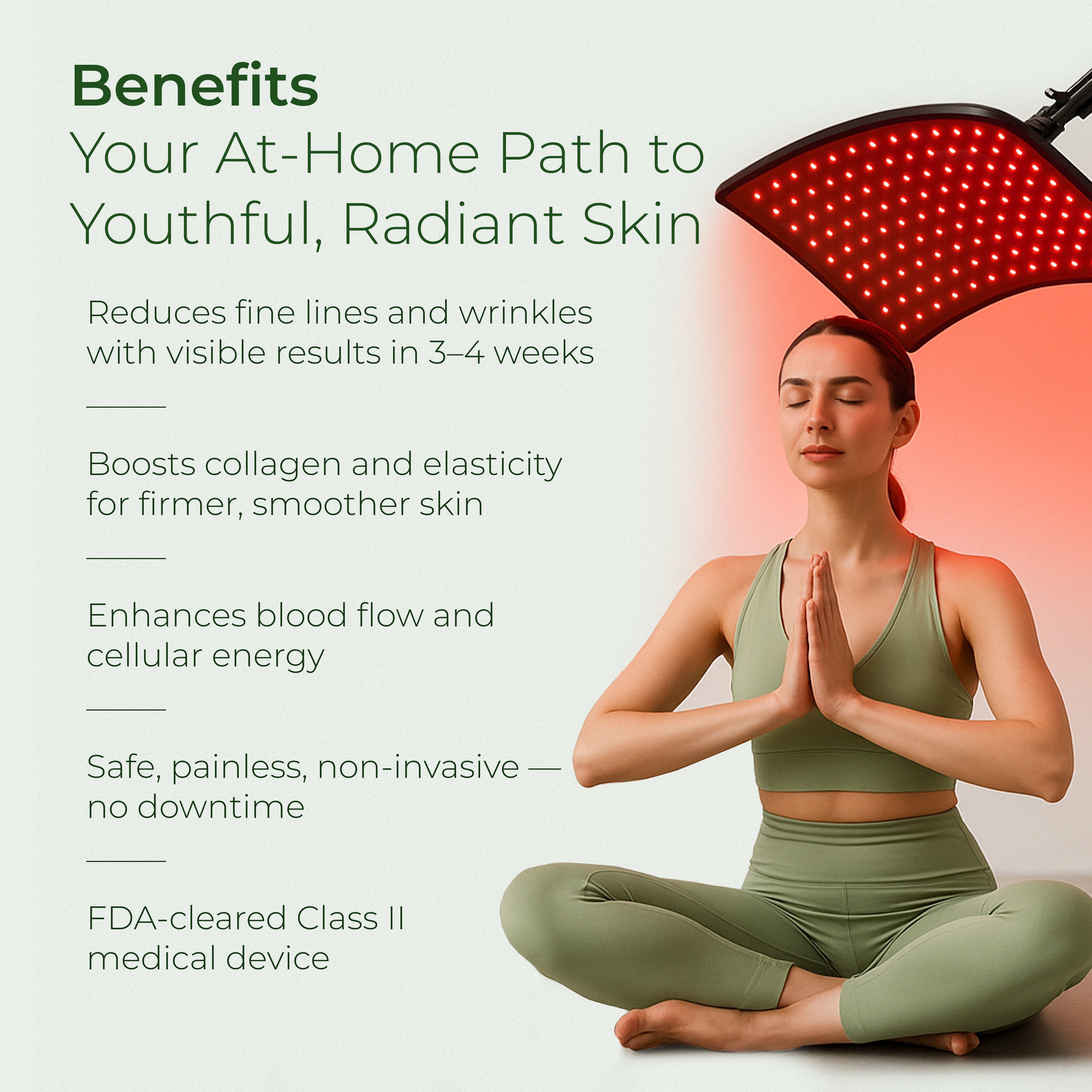

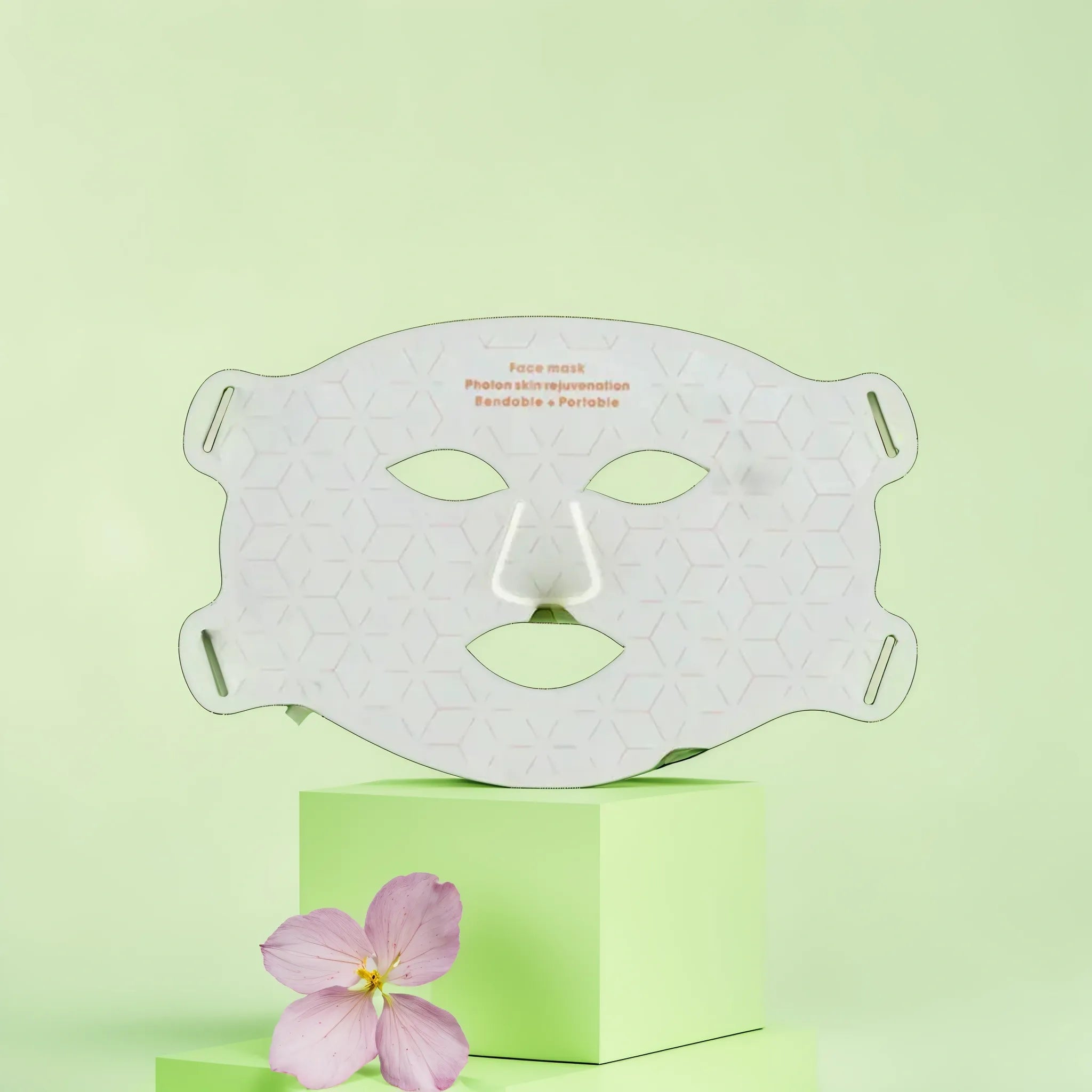
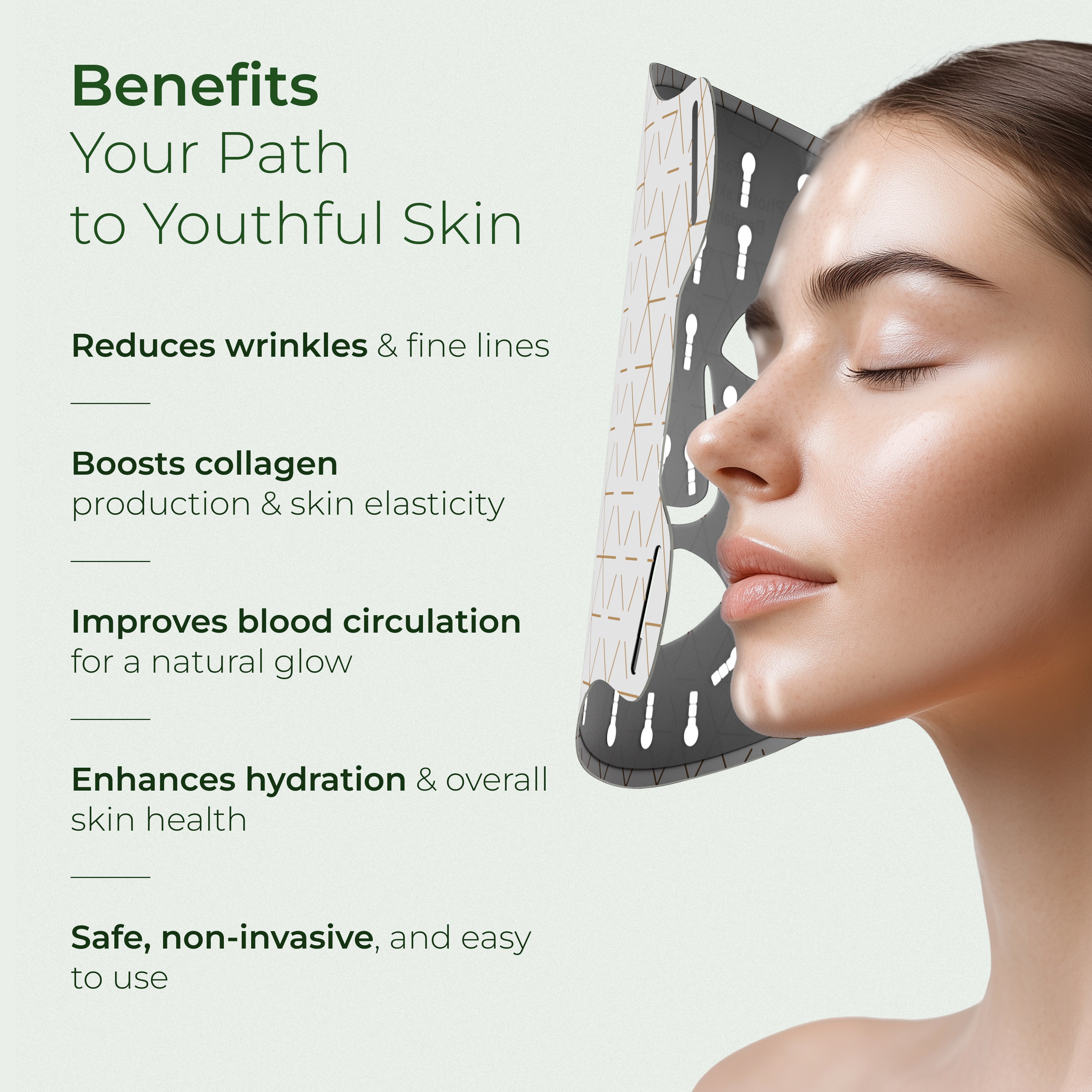


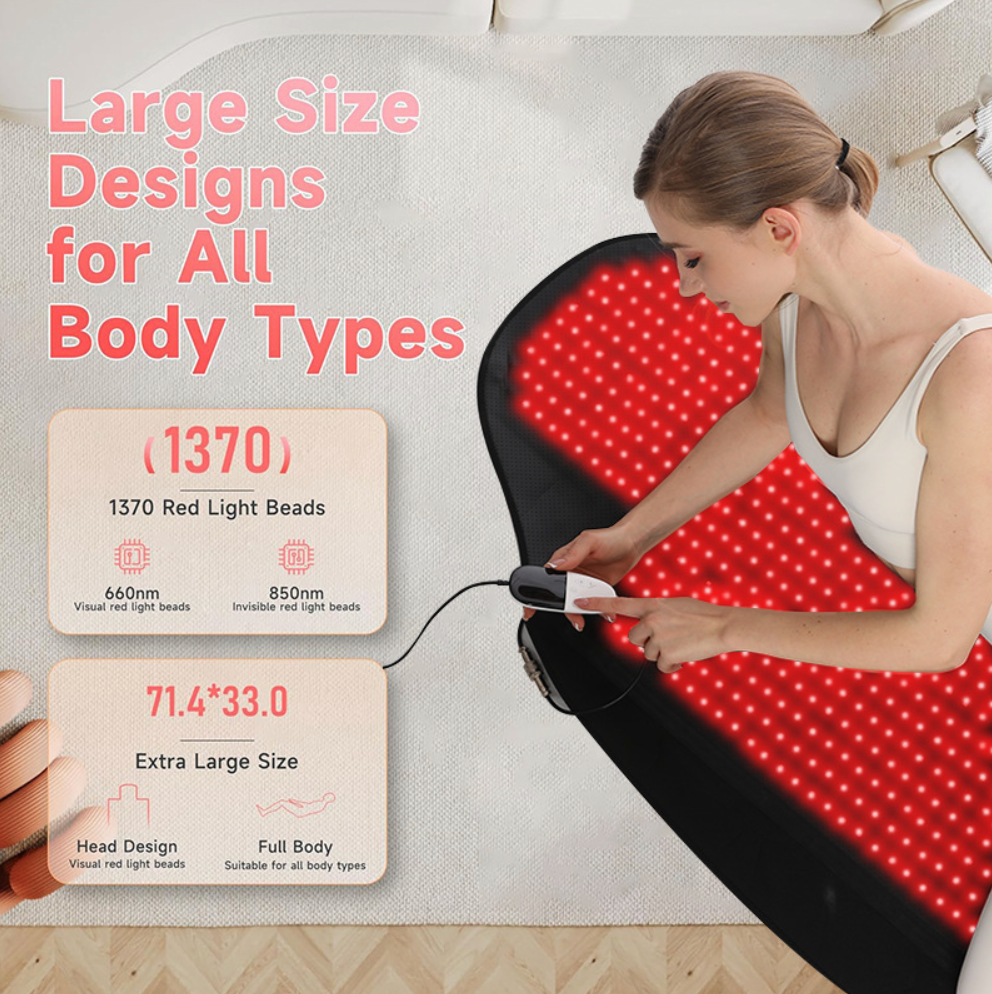
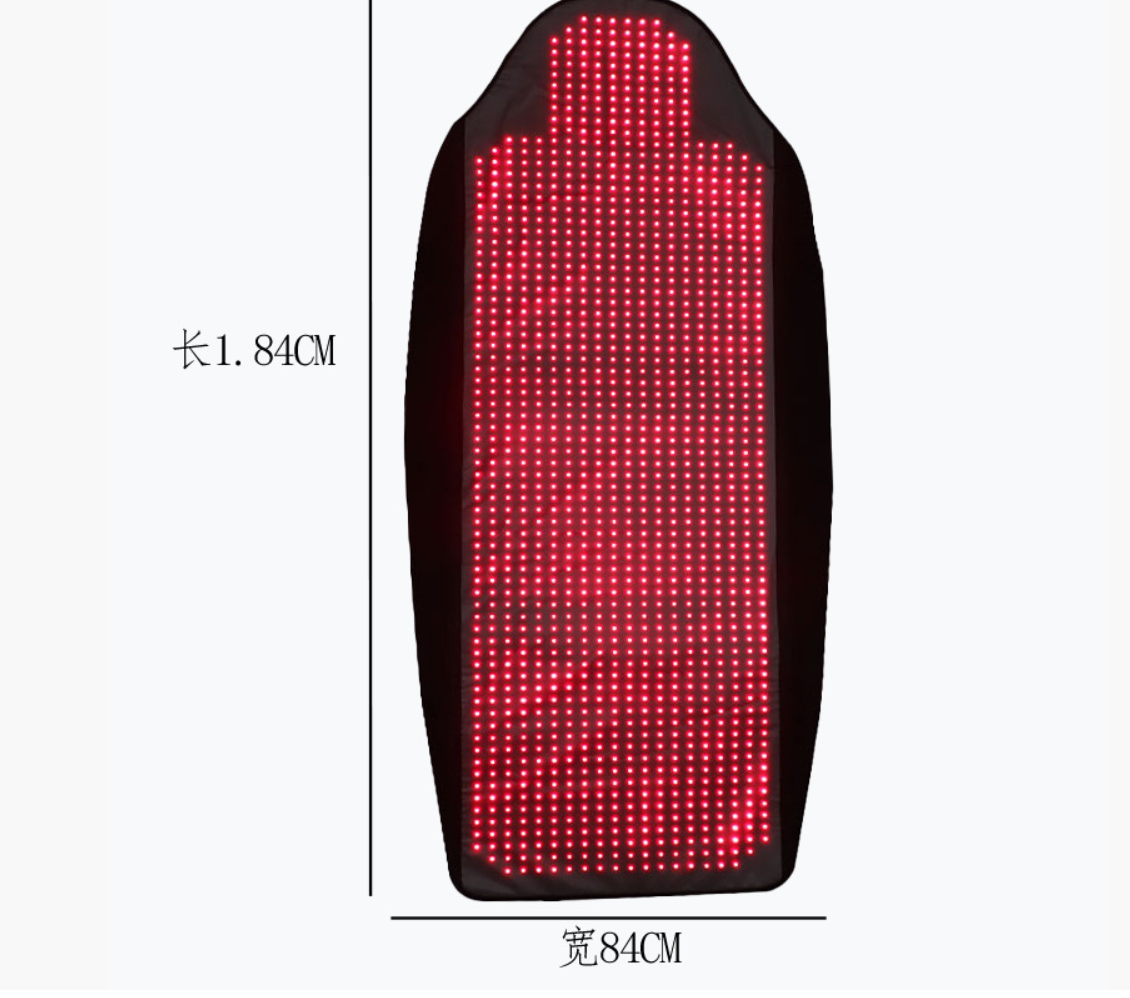



Hinterlasse einen Kommentar
Diese Website ist durch hCaptcha geschützt und es gelten die allgemeinen Geschäftsbedingungen und Datenschutzbestimmungen von hCaptcha.